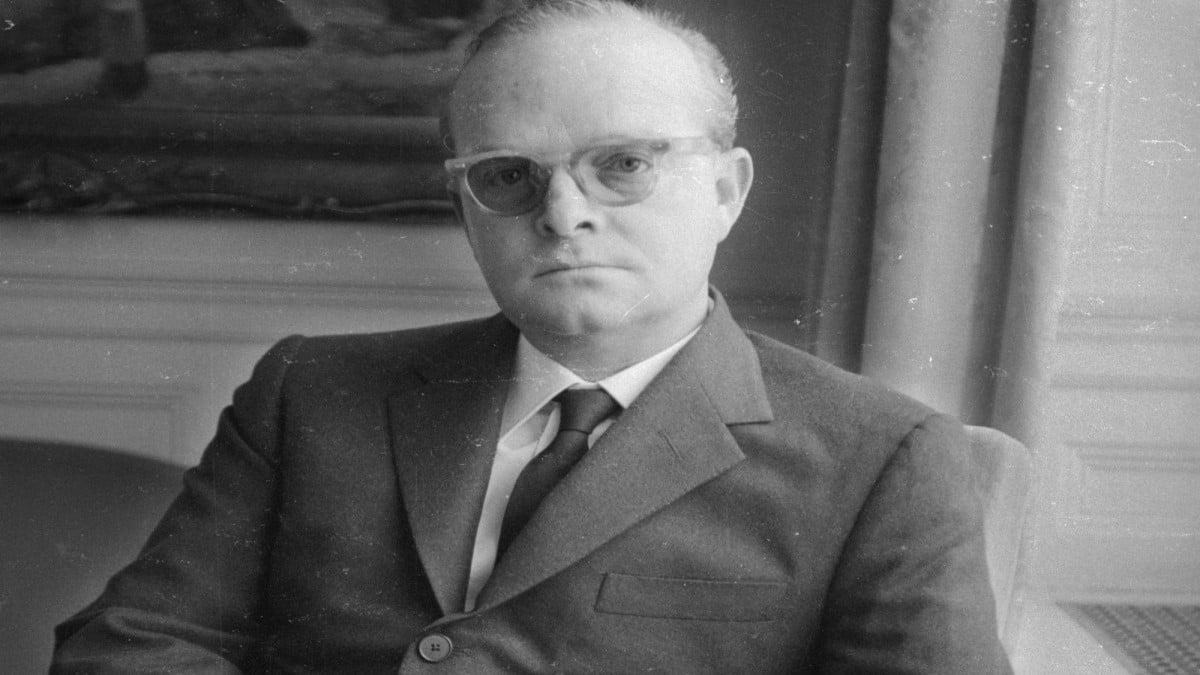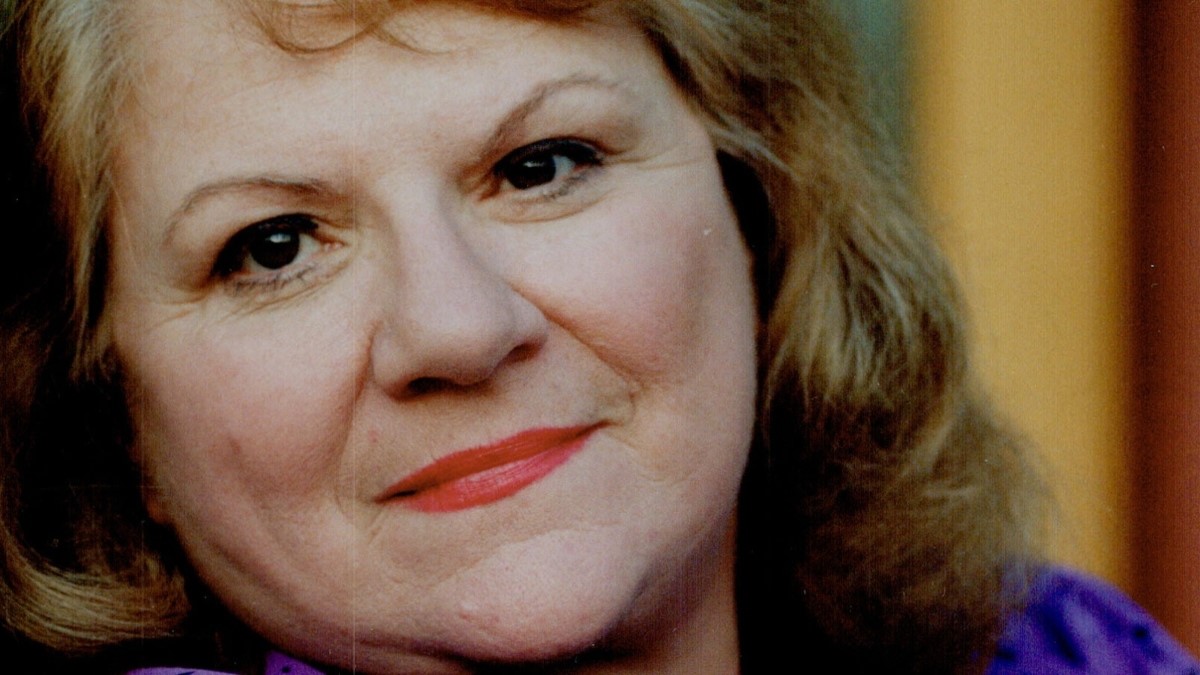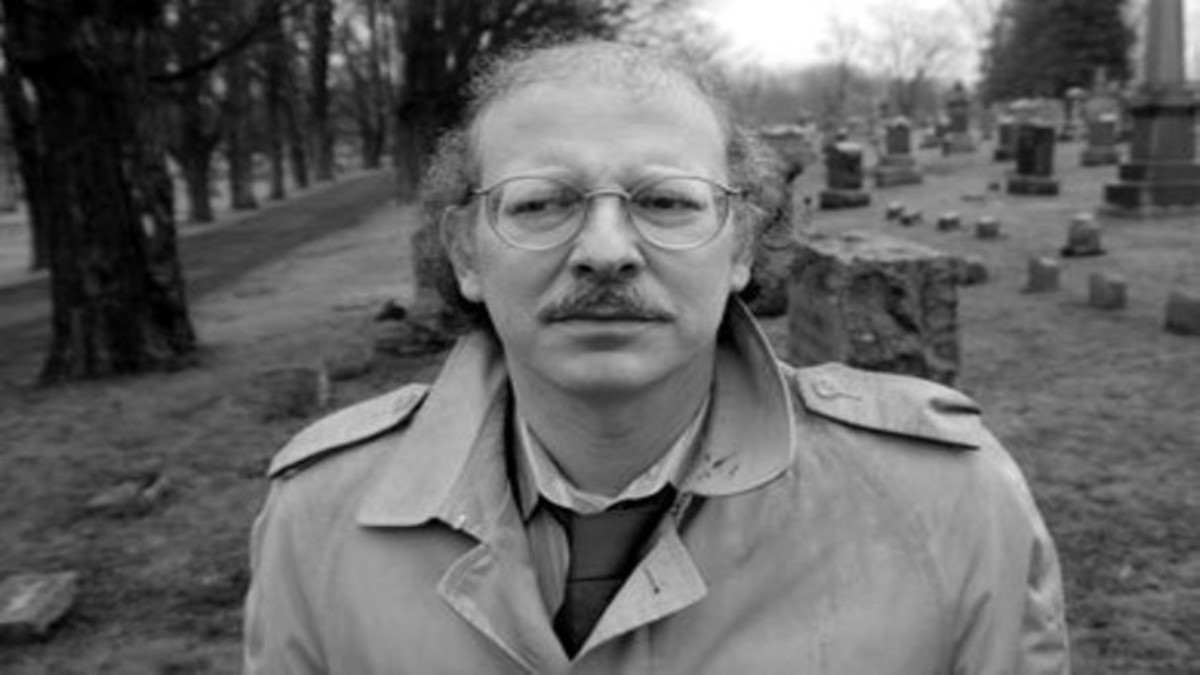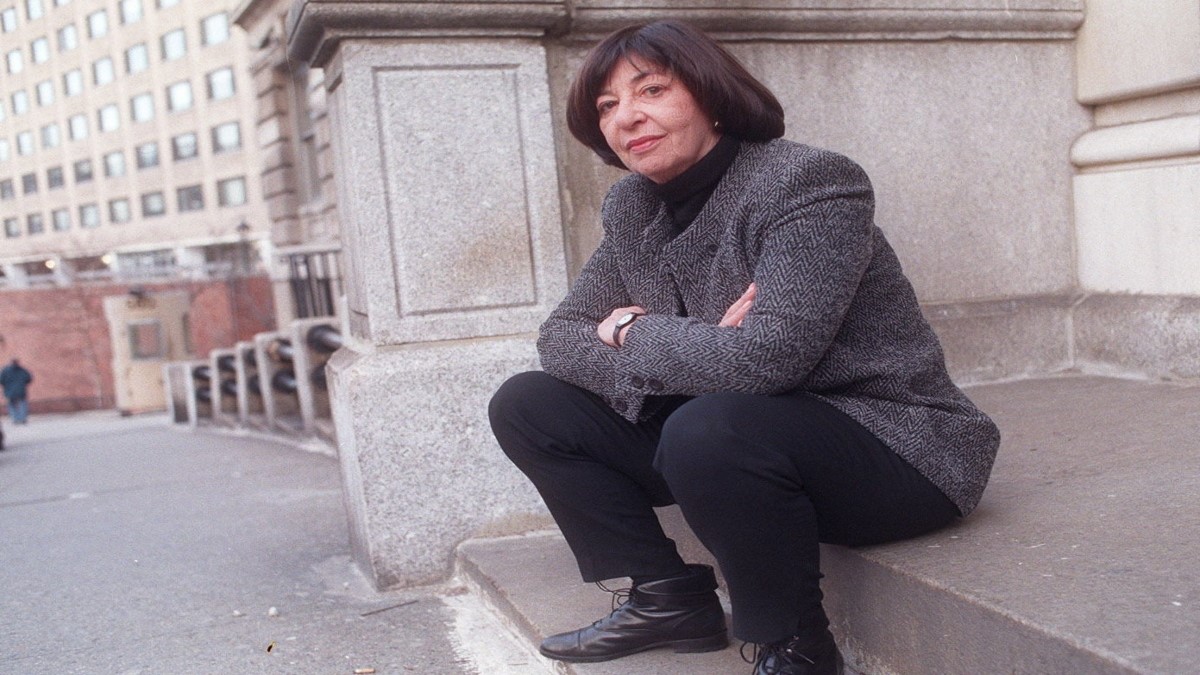We like to think of murders and mayhem as the “other.” A reality that exists far, far away from our own, but what happens when the other isn’t so far away? What happens when it is in our own backyard, or worse yet, in our own homes? That is exactly what happened to some of these true crime writers, whose subjects soon seemed a little close for comfort. In the world of true crime writing, where truth is stranger than fiction, sometimes the truth, hits too close to home.
Truman Capote — In Cold Blood

Truman Capote is the father of true crime; he created the genre after writing about the murder of the Clutter family in his breakout 1965 non-fiction book, In Cold Blood. It seemed an odd choice from the author of Breakfast at Tiffany’s, but once Capote got hooked on the story, he was all in. So in, in fact, many felt he got a little too close to the murderers themselves.
Perry Smith and Richard “Dick” Hickock were accused of the murders of the Clutter family in Holcombe, Kansas. Truman Capote initially set out to write an article about the case, but soon realized there was a whole book there.
He began to develop a strange connection and kinship with Perry Smith. He found competent counsel for the pair of accused killers, wrote them letters, brought them books, and eventually attended their hanging. He even described killer Perry Smith as a sort of twisted sibling by famously saying “It’s as if Perry and I grew up in the same house. And one day he stood up and went out the back door, while I went out the front.”
While the two shared traumatic childhoods, many felt that Capote might have viewed Perry as more than just a friend. There was speculation of a romantic relationship, or at least an emotional love affair between the two, although those allegations were never substantiated.
While the suspicions of a romantic relationship may have remained unfounded, many still felt that Capoe’s pursuit of Perry was somewhat exploitative. Some claimed that Capote’s hiring of a new lawyer was simply to extend the lives of the killers long enough to allow him more time to finish the book. Then, as Capote finished his interview portion, his interest in Perry seemed to diminish and he even allegedly commented that he wished for the hanging to be over so he could finish writing the “wretched book.”
Following its completion, In Cold Blood was met with critical acclaim. Capote’s personal life, however, took a serious downward spiral, which many felt was in no small part due to the book. He never finished another book and eventually died in 1984 of liver failure after years of drinking and drug use.
Ann Rule — The Stranger Beside Me

Ann Rule is the queen of true crime; a retired police officer, Rule has a sixth sense for crime and a real talent for writing about it. While Truman Capote may have started the genre, Ann Rule undoubtedly made it what it is today. She wrote over 30 true crime books in her career and even wrote about the first labeled serial killer ever: her friend, Ted Bundy.
Yes, you read that correctly, Rule was friends with Bundy. Although she had previously written multiple true crime articles, her breakout book, The Stranger Beside Me rocketed her to fame. The book chronicled her up close and personal decade-long friendship with notorious serial killer Ted Bundy, before he was notorious.
Bundy and Rule ironically met while working at a crisis clinic suicide hotline where Ted even reportedly saved a few lives. The two remained friends for almost ten years, but little did Rule know the dark desires that lay within her dear friend.
Slowly, as the coincidences between Ted and the murderer began to add up, Rule realized there was no getting around it. Her close friend was in fact a killer, and the first killer that would be given the term “serial killer.”
The book gives insight into the mind of a murderer from the viewpoint of one of the people who knew him best. Well, at least thought she did. The book is a wild ride, and certainly worth a read, although we are sure Ann Rule would have preferred the subject of her breakout book to be a little less close to home.
Fred Rosen — Lobster Boy

Talk about bizarre. In a true crime story that is far stranger than any work of fiction, The Lobster Boy by Fred Rosen is one book you won’t want to put down.
Chaos at the carnival only begins to describe the odd tale that unfolds in Rosen’s true crime work that delves into the death of Grady Stiles Jr., known as “Lobster Boy.” In case you are wondering, what earned Mr. Stiles that nickname, it was due to a birth defect that gave him pincher-like hands and landed him a spot in a carnival sideshow act. Although Stile’s death would turn out to be as odd as his life when he turns up the victim of a violent murder.
The story contained all the elements of betrayal, oddity, and intrigue that make for a bestseller. The one to begin unraveling the twisted tale was New York Times Arts and Leisure writer Fred Rosen. Rosen zeroed in on the prime suspect of the murder, Stiles’ wife Mary Teresa, aka “Electrified Girl.” Rosen began receiving threats from Mary Teresa’s daughter, who was considered a co-conspirator in the crime, though was never officially charged. It wasn’t long before Rosen found himself in the center of the very sideshow act he was writing about.
The book features interviews with such colorful characters as “The World’s Only Living Half Girl,” and “The Human Blockhead.” It is one wild ride and one that gave Rosen his claim to true crime fame as well as his own starring role in it.
Joan Barthel — A Death in Canaan

The grisly 1973 murder of a 51-year-old Connecticut woman started a strange chain of events that true crime author Joan Barthel would soon find herself in the middle of. When Barbara Gibbons was found nude and murdered in her home, suspicion fell on her 17-year-old son Peter Reilly. The case took on the feel of a witch hunt as Reilly was publicly accused, despite friends and neighbors attesting to his innocence. Yet no voice was louder in his defense than true crime writer Joan Barthel.
Joan Barthel’s book A Death In Canaan documents her intimate struggle with the case and hers and others’ attempts to clear Peter Reilly’s name and obtain his freedom. Others that helped Barthel in her quest included several big names such as Arthur Miller and William Styron. Despite Peter having confessed to the crime, several mitigating factors made many believe he was truly innocent. Years later it would turn out, Barthel had been right all along.
Linda Wolfe — Love Me to Death

True crime writer Linda Wolfe was shocked by the murder of her friend Jacqui Bernard. More shocking, however, was that 10 years later — in 1994 — Wolfe’s fears were confirmed; her friend had been murdered by her then-partner, Richard Caputo. Caputo was later dubbed “The Lady Killer” since he would typically only set his sights on people he knew… and once loved.
Wolfe’s true crime book Love Me To Death follows her search for her friend’s killer and the intimate interviews she had with her friend’s former lover and murderer. Caputo killed four women in the U.S. and Mexico, and despite his confession, there were still many unanswered questions. Wolfe set out to answer them. This intimate portrait of a murderer was personal to Wolfe, and it shows. The book takes the reader on a rollercoaster of emotions and ultimately a path to long-awaited answers.
Derf Backderf — My Friend Dahmer

John “Derf” Backderf was a graphic novelist who soon found his next subject was very close to home — his childhood home, that is. John — known to many as “Derf” — was childhood friends with none other than one of the nation’s most notorious serial killers, Jeffery Dahmer. While the novel pre-dates Dahmer’s killing spree, it certainly provides insight into the childhood and events leading up to Dahmer’s adult life. The book paints a bleak picture of a boy whose parents have abandoned him and whose peers couldn’t understand him.
It must have been an extremely strange experience for Backderf to watch his childhood friend and acquaintance grow up to become one of the most infamous and gruesome serial killers of our time. Well, of all time, really.
The novel was met with critical acclaim as well as some backlash. Some felt that it was part of a disturbing trend of serial killers stories making money, without regard for or proceeds going to the victims families. Some also thought it portrayed too empathetic a portrait of Dahmer. However, overall, it gave insight into a man that the public craved to understand and the novel was very successful. It was turned into a movie of the same name in 2017.
They say to write well you should write about what you know. Well, what if what you know is a person who happens to be a murderer, then you’ve got yourself a spot on this list of true crime authors whose stories of far away tragedy soon showed up at their doorstep.

